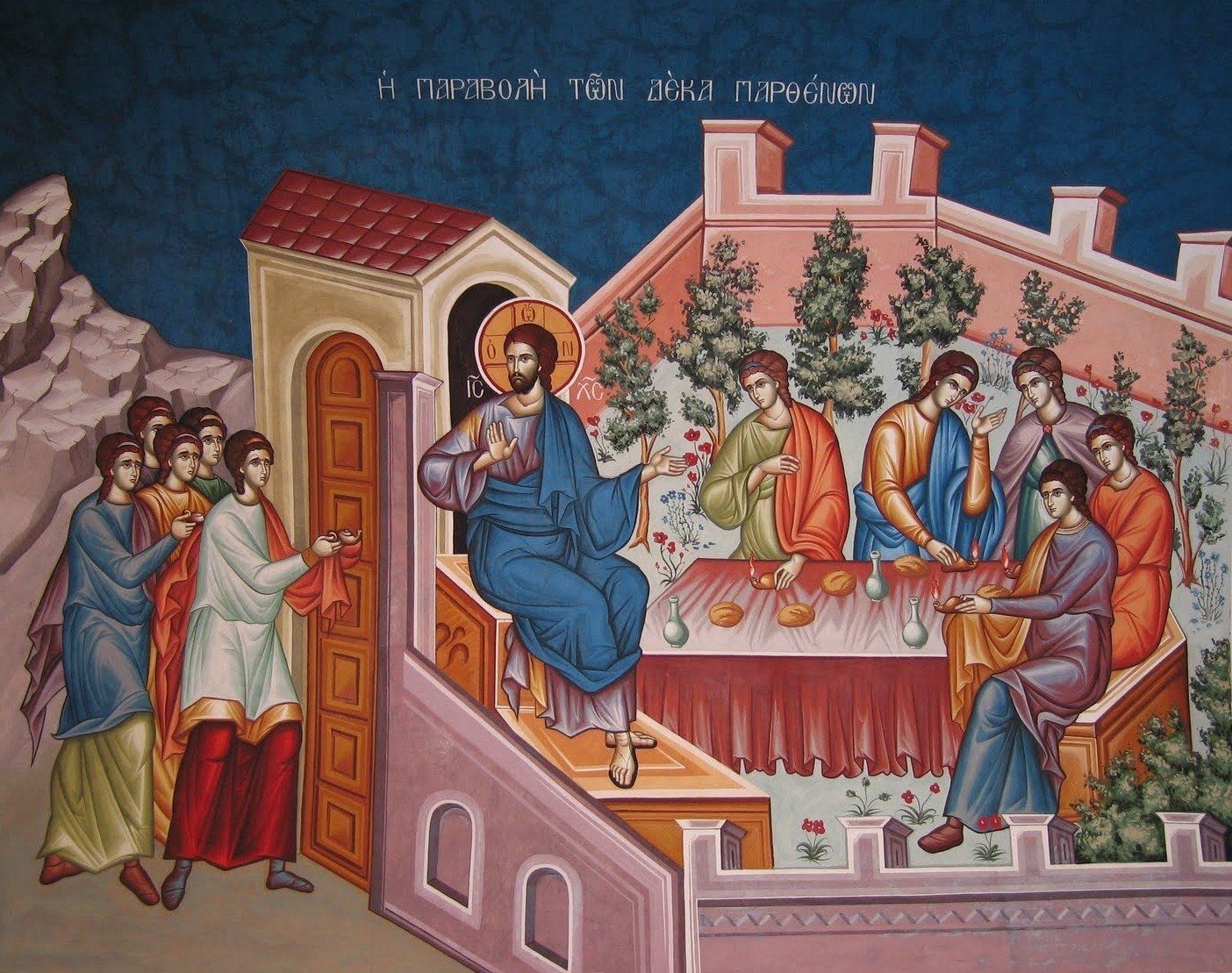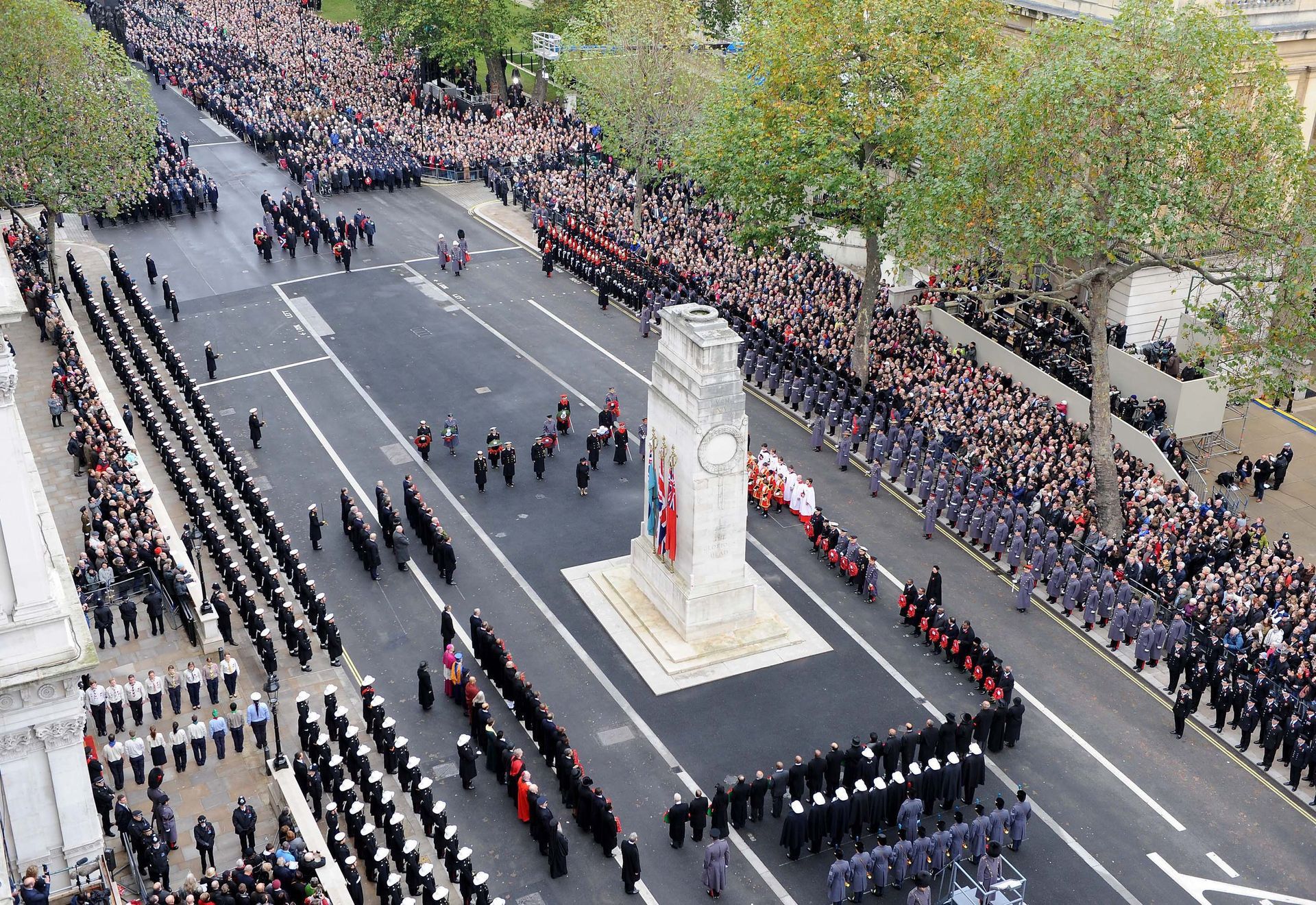Message of Abbot Paul - Sunday 12th November 2023
Abbot Paul • November 11, 2023
Today, Remembrance Sunday, we celebrate the memory of those who have fallen in war, especially the sacrifice of those who lost their lives in the two world wars. There is no one left who was present to witness the horrors of Marne, the Somme, Gallipoli, or Ypres, and only a few now remain who could tell us of the Battles of El Alamein, or the Bulge, or Brody, or Britain. Today we give thanks for the sacrifice and suffering of all those who have died in war: to express our undying gratitude to those who gave their todays for our tomorrows. We owe them a debt that we can never repay, but one which we should never forget either. Nor do we forget innocent civilians, especially children and old people. There are lessons to be learned and not forgotten, and Remembrance Sunday is a way of remembering that peace is a precious gift, as is justice. True peace can only exist when there is true justice. The sacrifices of the past make moral demands of the present: it makes peace makers of us all, but not at any cost, because evil should never be appeased, but fought. It makes us vigilant, because we must never be deceived into thinking that that which happened once could never happen again. Witness Ukraine, Gaza and Israel. Today we don’t just look back. Those who have died in war will always be present to us: a constant example of service, sacrifice, duty, and courage; and of pain, fear, and suffering, too.
In November our thoughts always turn to the souls of the faithful departed; not only those whom we love and see no longer, but those who have no one on earth left to pray for them. We celebrate the Holy Sacrifice of the Mass for them. Today we do so specifically for those who have fallen in war. They shall grow not old as we that are left grow old: Age shall not weary them, nor the years condemn. At the going down of the sun and in the morning, we will remember them.
You can tell that we’re coming to the end of the Liturgical Year, as our readings, including today’s Gospel from Matthew (Mt 25: 1-13), already look towards Advent and Christ’s Second Coming at the end of time. To illustrate the need for vigilance and readiness, Jesus shares with his disciples the Parable of the Ten Virgins or Bridesmaids, a parable we all know well. It begins with Jesus setting the scene, “The kingdom of heaven will be like this: Ten bridesmaids took their lamps and went to meet the bridegroom. Five of them were foolish and five were sensible: the foolish ones did take their lamps, but they brought no oil, whereas the sensible ones took flasks of oil as well as their lamps.” It’s hard for most of us in the UK today to imagine what it must be like to live without electricity and other mod cons. For 16 of my 20 years in Peru, I lived without electricity and the last few years with a precarious and unreliable supply. I feel for those bridesmaids, all of them! The story continues, “The bridegroom was late, and they all grew drowsy and fell asleep. But at midnight there was a cry, ‘The bridegroom is here! Go out and meet him.’” Chaos ensues. It’s not easy getting things done in the dark. The inevitable happens: “At this, all those bridesmaids woke up and trimmed their lamps, and the foolish ones said to the sensible ones, ‘Give us some of your oil: our lamps are going out.’ But they replied, ‘There may not be enough for us and for you; you had better go to those who sell it and buy some for yourselves.’” Now the sensible ones could have been more charitable, they could have shared their oil, but then all ten would have run out before daybreak. Disaster strikes: “They had gone off to buy it when the bridegroom arrived. Those who were ready went in with him to the wedding hall and the door was closed.” We can see what’s going to happen next and it does, but the result is grim, horrific to tell the truth. “The other bridesmaids arrived later. ‘Lord, Lord,’ they said ‘open the door for us.’ But he replied, ‘I tell you solemnly, I do not know you.’” The bridegroom’s words, “I do not know you,” are the most nightmarish words in Scripture. That Jesus should say to his disciples for whom he died on the cross and rose from the dead, “I do not know you,” is the worst possible outcome and a real experience of hell. But this is a parable, not a true story. Jesus ends with the punch line, a warning: “So stay awake, because you do not know either the day or the hour.” Vigilance and readiness: am I prepared for Jesus to return and call me to his marriage banquet, the kingdom of heaven? Am I foolish or sensible? What would I like to hear Jesus say when the time comes, “Enter into the kingdom,” or “I tell you, I do not know you”? Ultimately, the choice is ours.











